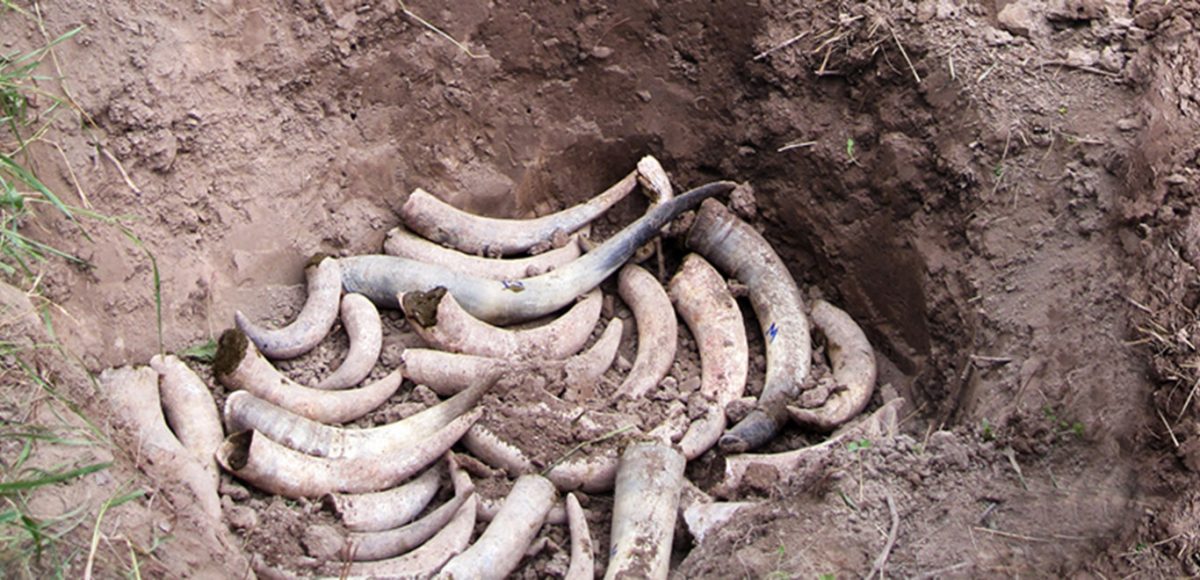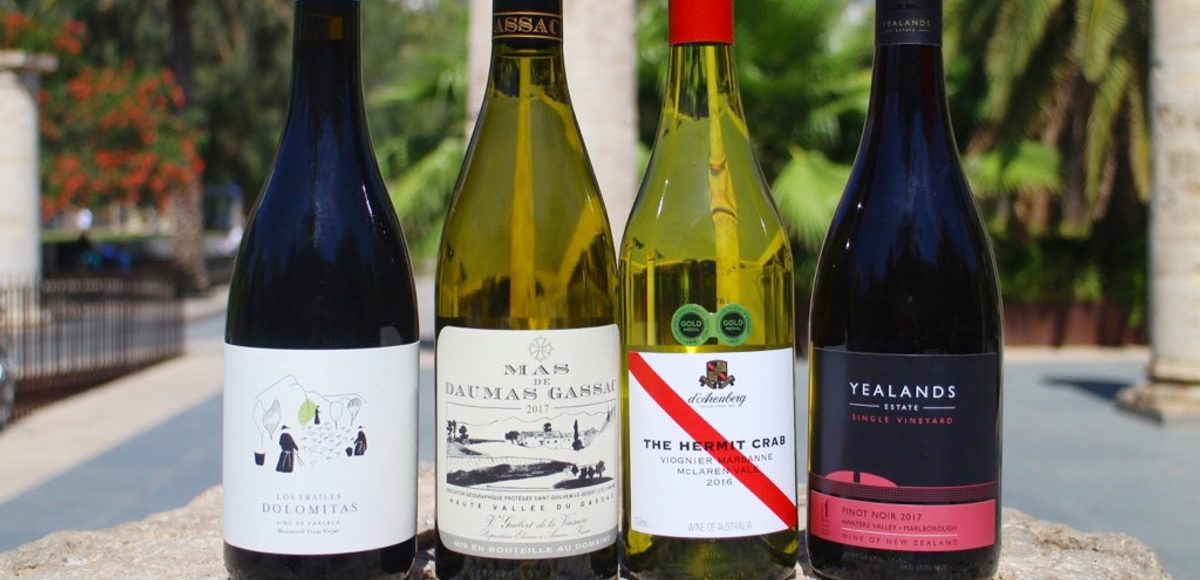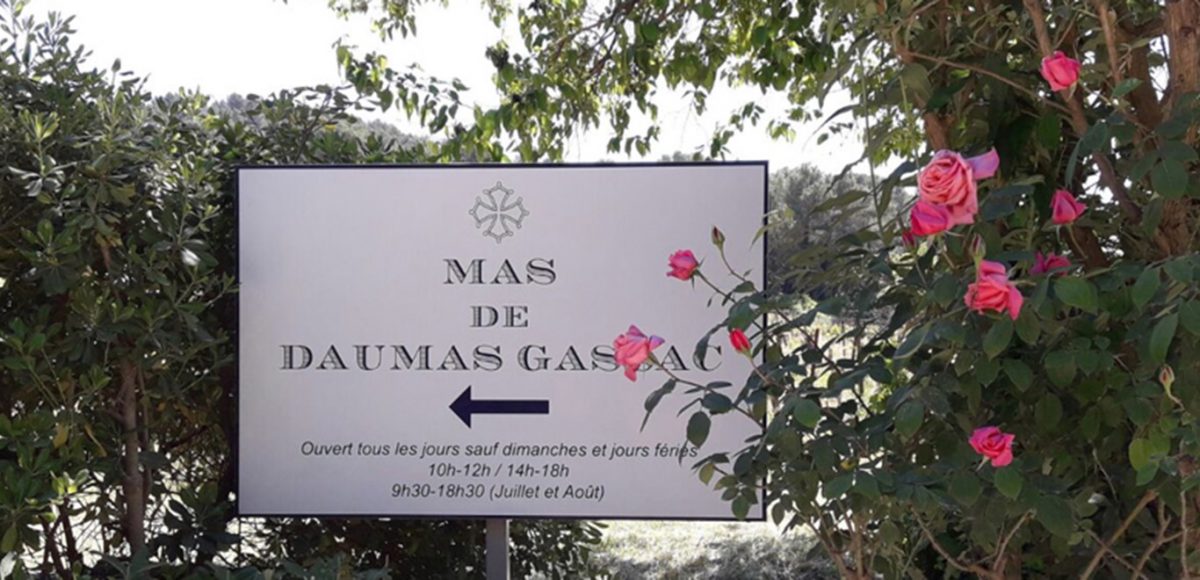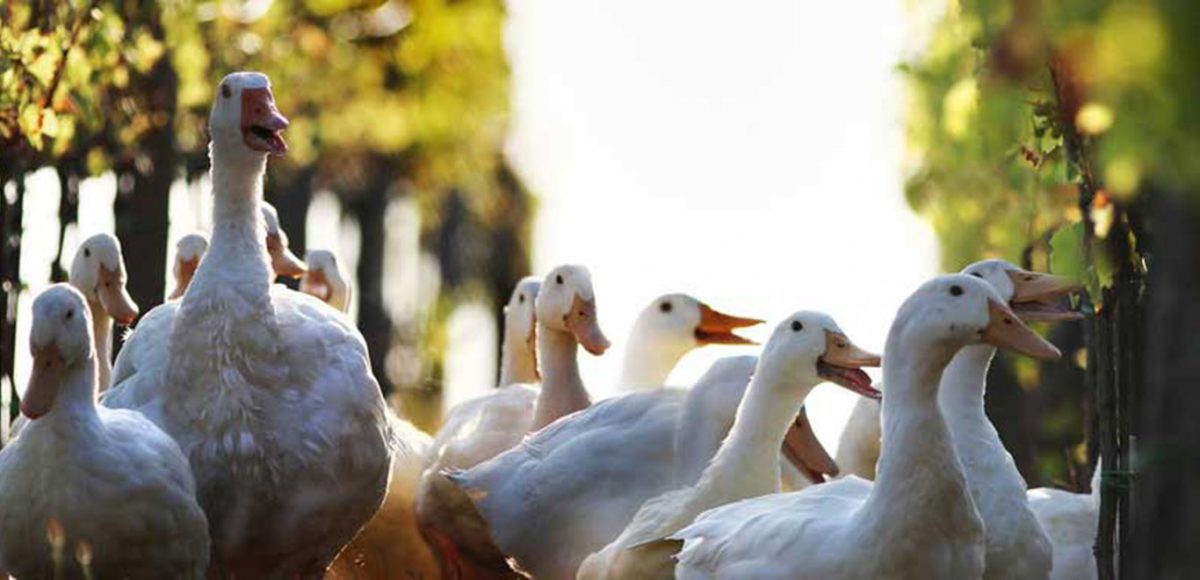The benefits of ‘biodynamic’ farming are clear; no pesticides or herbicides, following the lunar cycle to determine when and what to do in the vineyard and only using natural yeasts to ferment the grape juice. Yet biodynamic wine practices are still a mystery.
Many people think that this sort of agriculture is for idealists and hippies. However, while this may be true, it should be said that following this style of farming is not easy and requires dedication and good fortune.
Nowadays some of the best known wineries in the world are biodynamic and more will become in the years ahead – Michel Chapoutier, Rhone Valley France, Bonny Doon, Santa Cruz California, Domaine LeRoy, Burgundy, Domaine Zind-Humbrecht, Alsace, Felton Road, Otago, Nueva Zelanda, Artadi, Rioja
Did you know that one of the practices to prepare land for biodynamic farming is to bury cow horns stuffed with a special compost that is buried in the land during the autumn. Why a cow horn? This can be traced back to the Vikings who believed that the cow horn passed life enhancing properties, so they used them to drink wine and water. Even today the Chinese believe that horn (Rhino) has medicinal properties.
The biodynamic calendar, based on the research of Maria Thun who for over 50 years produced this which suggests that each day coincides with one of the four natural elements Earth, Wind, Air and Water. The days of the year are divided into four categories:
Fruit Days
Root Days
Flower Days
Leaf Days
Its all to do with the position of the moon, the planets and stars, which influences all living things on earth and how they grow and as wine is a living organism it too will be influenced.
According to the calendar it is best to harvest grapes on Fruit Days. Pruning should only be done on Root Days, on Flower Days the vineyards should not be touched while on Leaf Days it is good to water.
When it comes to wine tasting, by following the biodynamic calendar wine tastes better or worse depending on the day.
Fruit Days and flower days are the best days to drink wine, while Root Days and Leaf days should be avoided. In fact there are professional tasters and wine buyers you follow this calendar and do not taste on ‘root days’ and only make choose wines tasted on ‘fruit days’.
Do biodynamic wines taste better? The leading producers of biodynamic wine say they do. I think that in most cases the difference is minimal and difficult to pick out in a blind tasting. Still if it better for the environment and for us wine lovers, we will be drinking more of them in the future.










